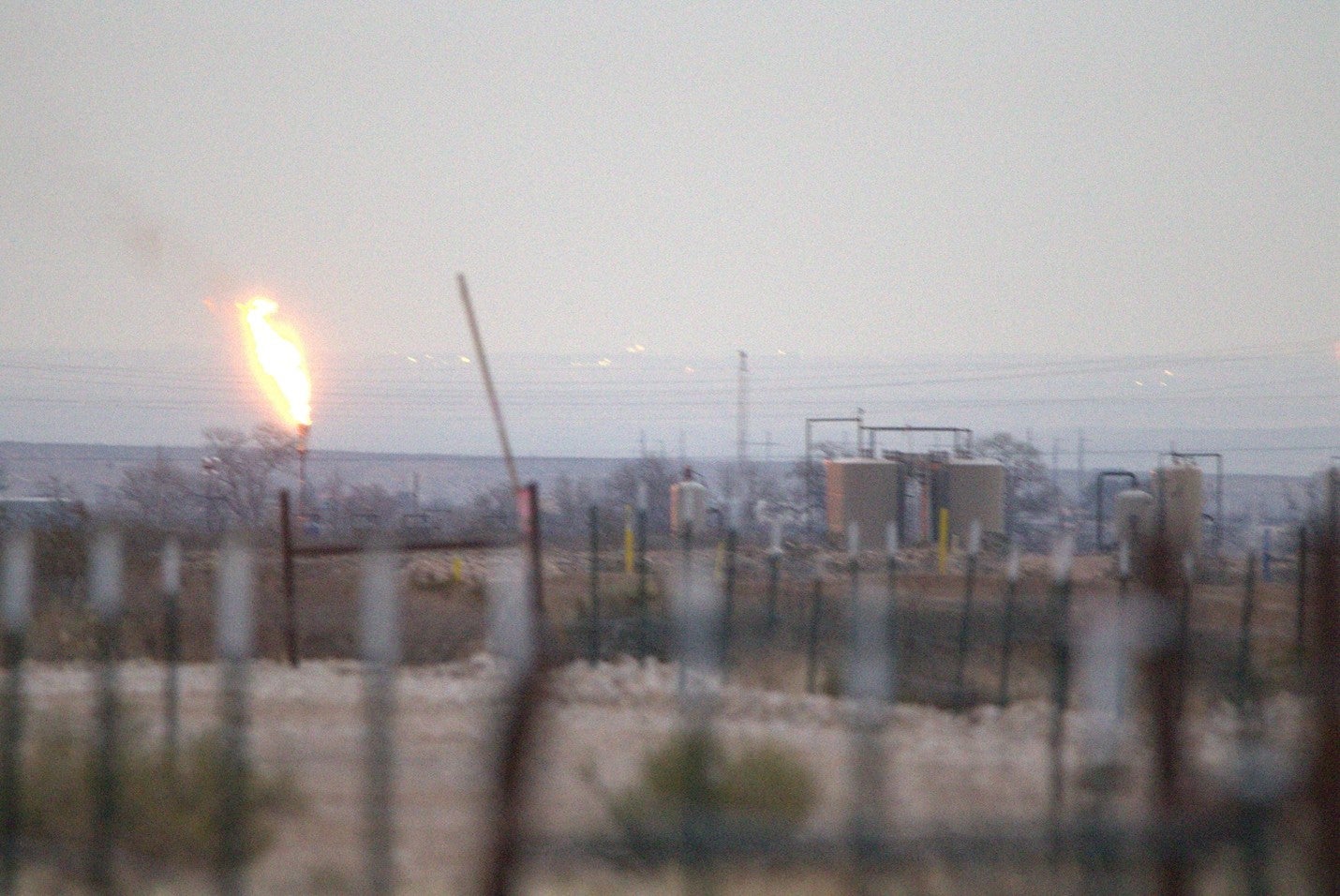Comptroller Column: Another Red Herring
Texas  Comptroller Susan Combs in an op-ed today panders to the flat earth society with another phony study supposedly about the legislation to alleviate global warming, saying that it will wreck the Texas economy. The study is phony because it uses discredited numbers from ideological groups that receive large contributions from polluting industries and their allies. Even worse, it is phony because it doesn’t acknowledge any of the huge benefits cap-and-trade will bring to Texas.
Comptroller Susan Combs in an op-ed today panders to the flat earth society with another phony study supposedly about the legislation to alleviate global warming, saying that it will wreck the Texas economy. The study is phony because it uses discredited numbers from ideological groups that receive large contributions from polluting industries and their allies. Even worse, it is phony because it doesn’t acknowledge any of the huge benefits cap-and-trade will bring to Texas.
In Combs’s op-ed, she cites her agency’s “initial look at the cap-and-trade provisions” in the Waxman-Markey bill now pending in Congress and proceeds to lay out a worst-case scenario based on the most negative analyses from known opponents of a cap-and-trade program. Upon a close reading of this “initial look” (released as an official report), you’ll discover that the comptroller’s office openly admits that it made NO ATTEMPT to quantify any of the benefits of cap-and-trade legislation even though every neutral study on the issue acknowledges significant benefits for Texas. Combs does cite a study from the Pew Research Center that we linked to in our earlier blog to show how well Texas is doing currently. If she were to actually read the study, she would see Pew’s findings on the benefits of cap-and-trade, renewable energy goals and other policies contained in the bill before Congress, saying of such policies: “Pew’s analysis indicates such policies have great potential because they create significant incentives for both the private and public sectors to develop new technologies, infrastructure and processes for clean energy, efficiency and conservation.”
A fair study would have noted that according to the Political Economy Research Institute, Texas stands to gain 153,000 renewable energy jobs from this legislation. And the comptroller could then have cited the $21.3 billion Texans will save according to the Union of Concerned Scientists by leveraging its position as the 20th century energy leader into the 21st century clean energy economy leader. An economy that will include new international markets that haven’t been tapped before, installation and maintenance jobs that cannot be relocated, and the potential to lead in integrating high penetration of energy efficiency along with solar, wind, biomass and geothermal power, not to mention carbon sequestration.
Rather than hurting clean energy, clean energy incentivized under a cap-and-trade system is our future, unless political lackeys continue with phony studies. Fortunately most people understand the difference between a balanced analysis and a one-sided report designed to defend the status quo. As the deepening drought in Central Texas should make clear, the status quo is not an option. A new “clean energy economy” will be one of the driving forces of the 21st century, and with our abundance of wind and sun and high-tech brainpower, Texas should be at the forefront of it.
Combs does a disservice to all Texans by stressing an overstated downside while ignoring the enormous potential upside for our state. If Texas’ leaders insist on playing defense, the benefits of this new economy will go to other states like Pennsylvania, Michigan and Tennessee that aggressively pursue that potential.












2 Comments
Thank you for a great post
Good post, thanks